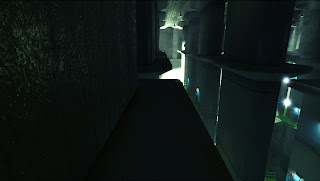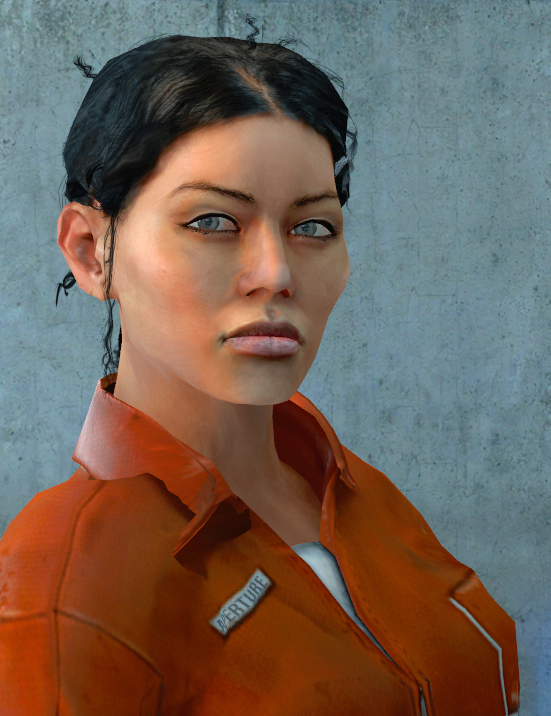CLOP is the antithesis of a power fantasy. Every aspect of its design is in place to remind you of your insignificance. Unicorns in art and literature are portrayed as creatures of beauty, who symbolize grace and majesty, but Clop is anything but. Instead, your sprite is ugly and of low quality. Your movement is crass and graceless as you stumble and fall incessantly. And you spend the game chasing the false prospect of a virgin, a goal that hardly feels important or significant.
The naming of the horse as "Clop" is the equivalent to calling a dog "mutt," or a human "meatbag." It's derogatory; it strips the horse of any personality or individualism, portraying a talking unicorn as simplistic and insignificant. Your projection should be wondrous and grand, a symbol of purity and elegance; instead you're clumsy, foolish, and mediocre. You're a walking contradiction. By confusing and messing with your identity, the game facilitates your mocking. The projection of a strong, confident hero is now taken away.
Add this to how the game fetishizes our failures. It's obstacles are embarrassingly simplistic: a rock, a small ditch, a piece of stairs, suddenly followed by a large cliff. It's teasing the player, and mocking our failures with relentless humour. When playing the game, I decided to exclusively use both front hooves, and after a few moments, the game disables the horses back legs. The tag "Lame Horse Mode" flashes above, as it slowly limps across the ground. It was then I realized that CLOP is a sadistic game. Our identities are crushed and our abilities are handicapped. And our struggles and failures are not only mocked, they’re celebrated. It feeds on them; they’re the game’s central aspect.
Yet at the same time, CLOP is an optimistic game. With all its failure and struggle, the game never ceases to be enjoyable. It’s portrayal of the unicorn is quite funny, and there’s humour to be found in its mean-spirited satire. Despite its nature, it’s still likable and brought me positive sentiments as a player.
Perhaps that’s the point of CLOP. To show that there’s real, sincere enjoyment to be had in incessant failure, and clumsiness, and foolishness. It tells us, as oh-so-majestic unicorns, not to take ourselves too seriously. After all, are none of the things we do ridiculous, to some extent? Have our failures never been amusing, or enjoyable?
These are the kinds of questions CLOP is asking us. They're insightful, important questions, ones that you could miss if you dismiss CLOP as some kind of joke. But it's very ironic how CLOP gets its ideas across. In order to get the message you may be taking yourself too seriously, you have to take the game more seriously than you normally would.
If anything, it’s illustrative why CLOP is so deranged. It’s a mess of contradictions that are somehow cohesive. CLOP simultaneously presents us an idea and it’s contradicting counterpart. It’s both a plea for humility and an argument of the benefits of serious analysis. It’s a destruction of one’s identity for the purpose of creating its own. And it’s both a sadist and an optimist. Polar, much?
- Published August 21, 2012





























